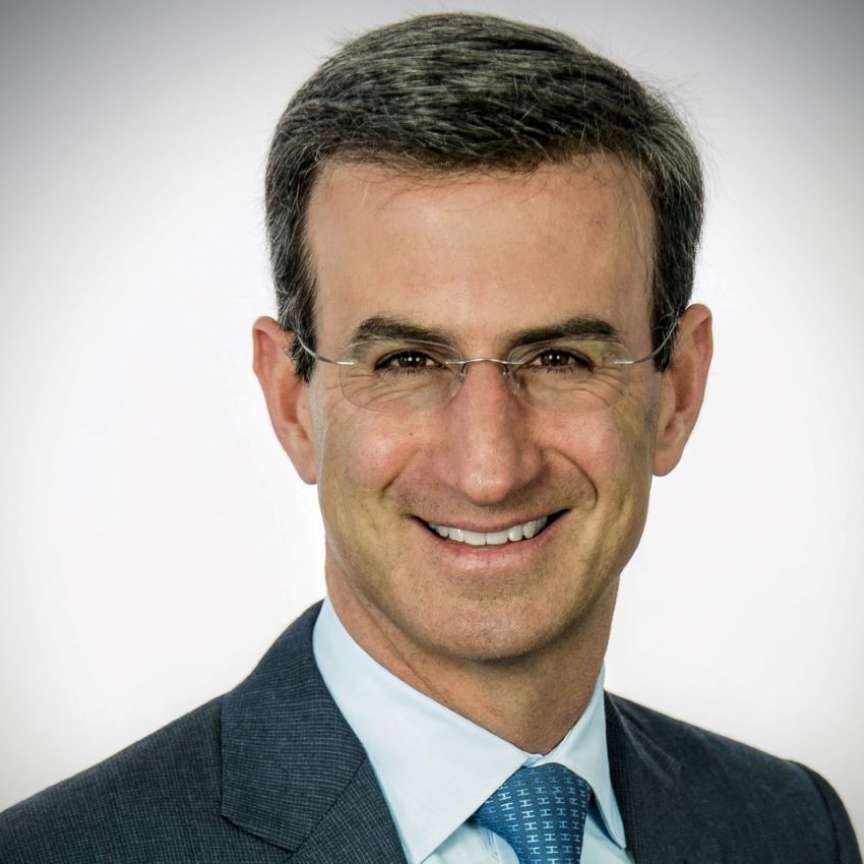
Peter Orszag joins 'Squawk Box' to discuss the latest market trends, state of the U.S. economy, the Fed's rate cut timeline, M&A outlook, and more.
Speaking at the Fortune Global Forum in Abu Dhabi, Orszag proposed a few predictions after saying: “With any big new technology, comments that are made at this kind of stage with regard to what then subsequently happens are invariably wrong.”